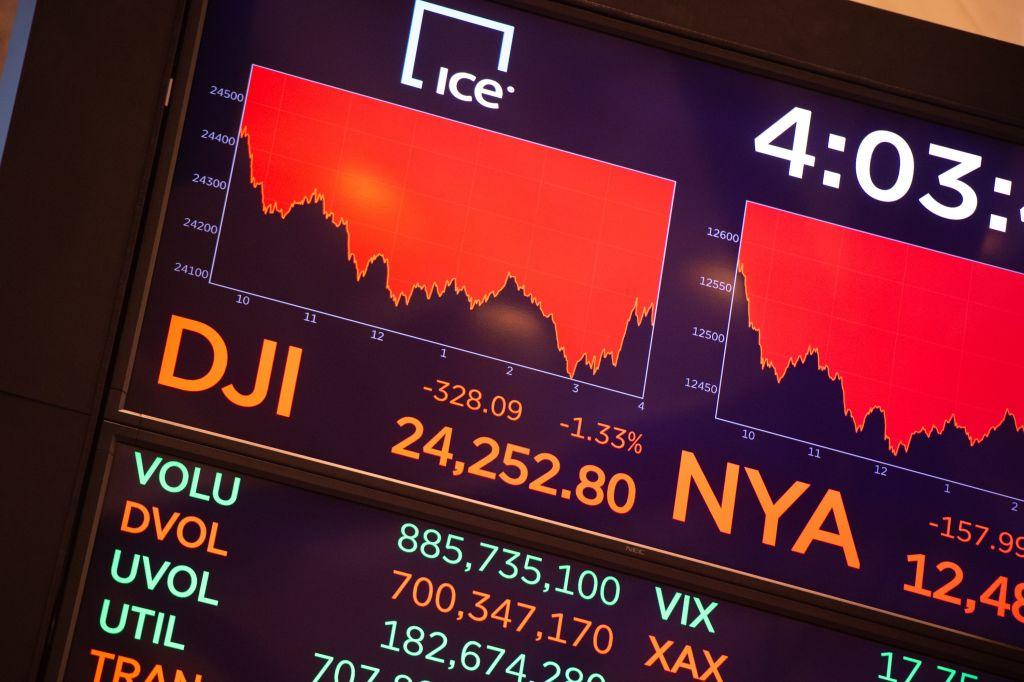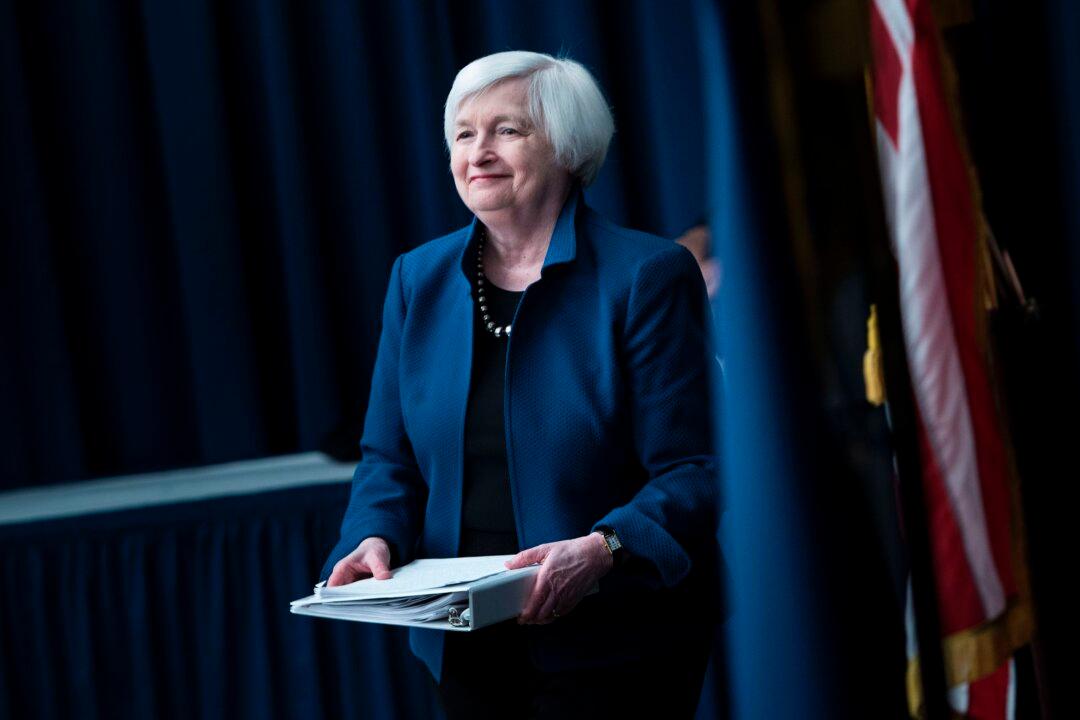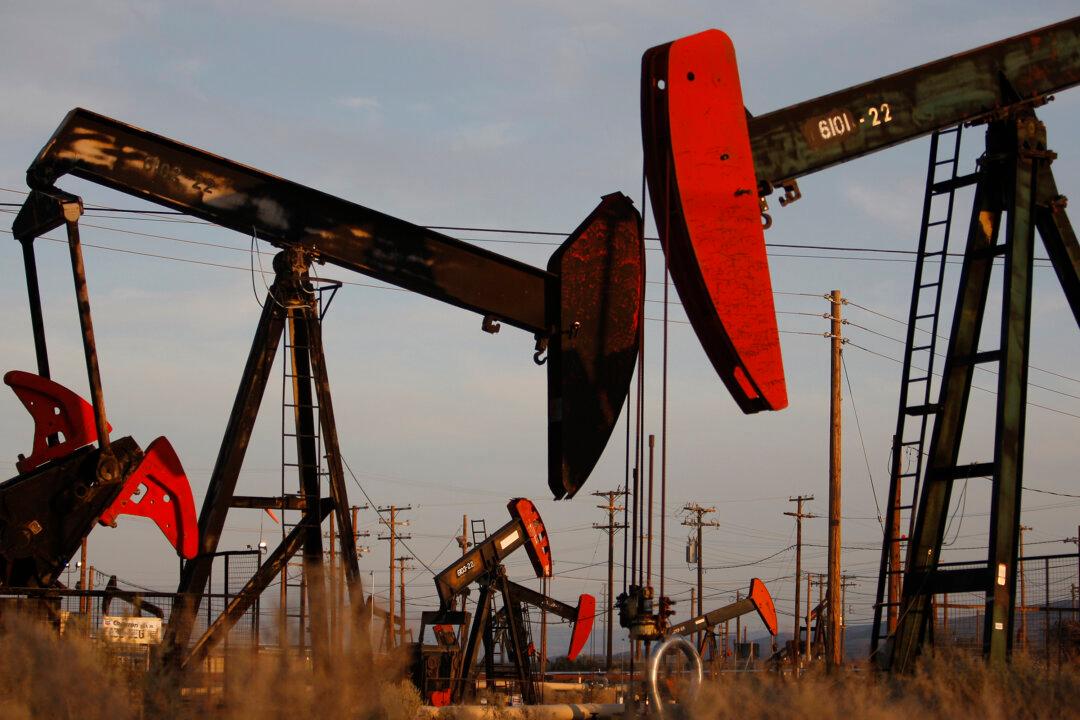When the world economy is faring reasonably well—like at this moment, with growth at 3.5 percent—economists tend to concentrate on the bad news and hurry to predict the timing of the next recession. In May 2018, for example, about 80 percent of the economists surveyed by The Wall Street Journal predicted the world economy will be in trouble by 2020 or 2021.
They say the next crisis would probably be the result of higher interest rates, lower equity markets, and trade wars, the pessimists said. But is it time to run for cover before the next downturn?
Here are the facts. The United States, China, and the European Union are the main drivers of the world economy. But each features a different growth pattern. U.S. economic growth is higher than productivity gains, but remains significantly lower than technological advances would allow.
Enrico Colombatto is a professor of economics at the University of Turin, Italy, and a senior fellow at Geopolitical Intelligence Services. This article was first published by GIS Reports Online.
Author’s Selected Articles





